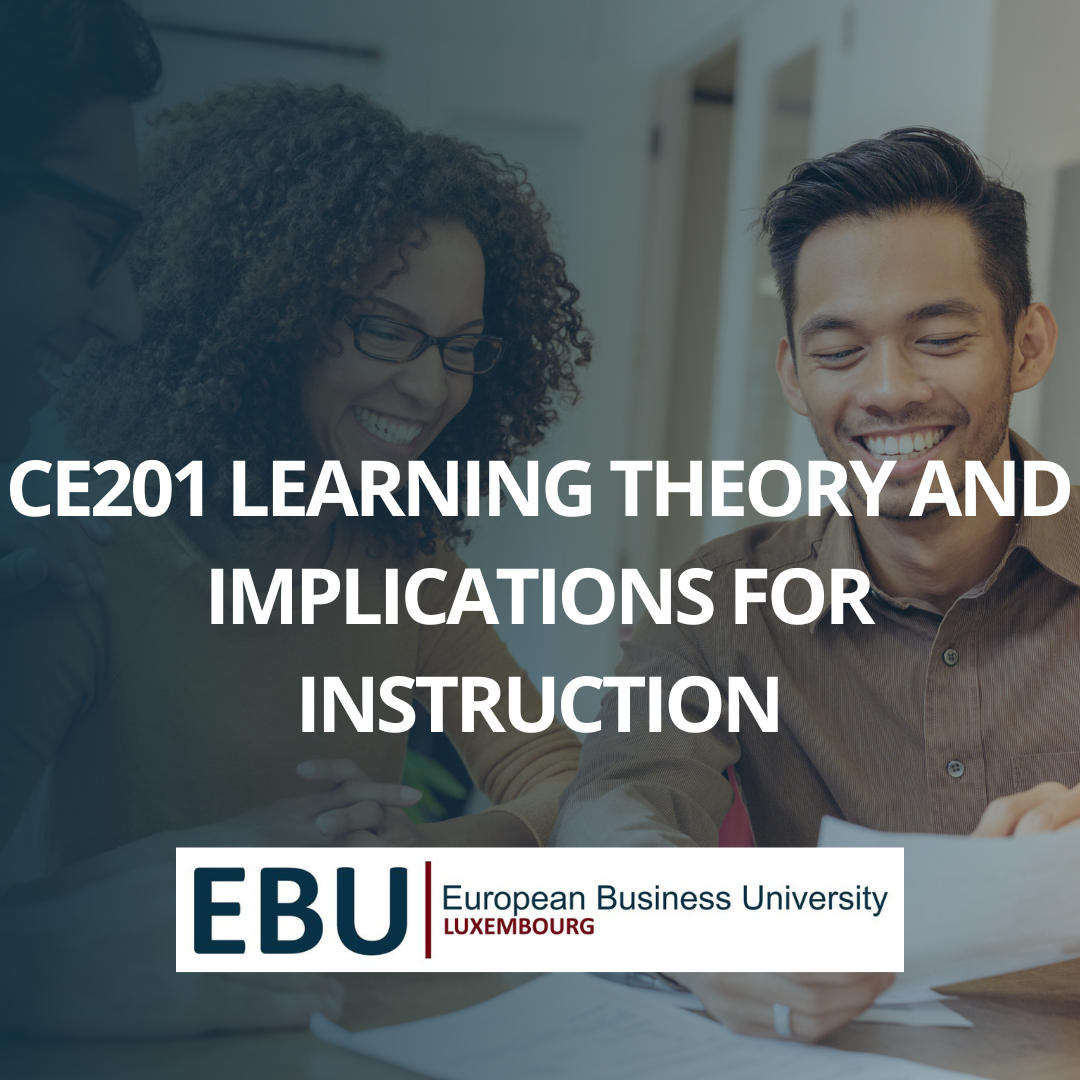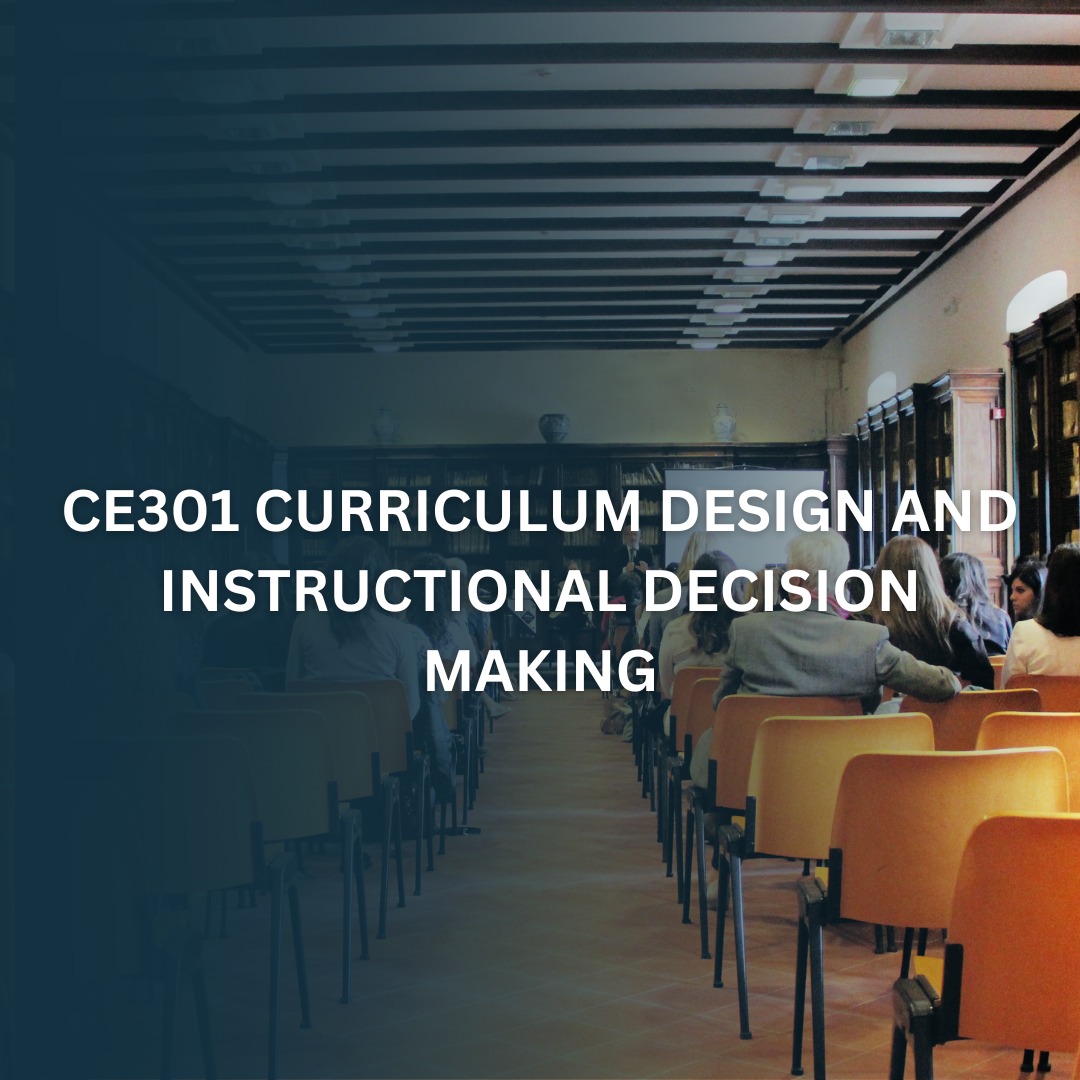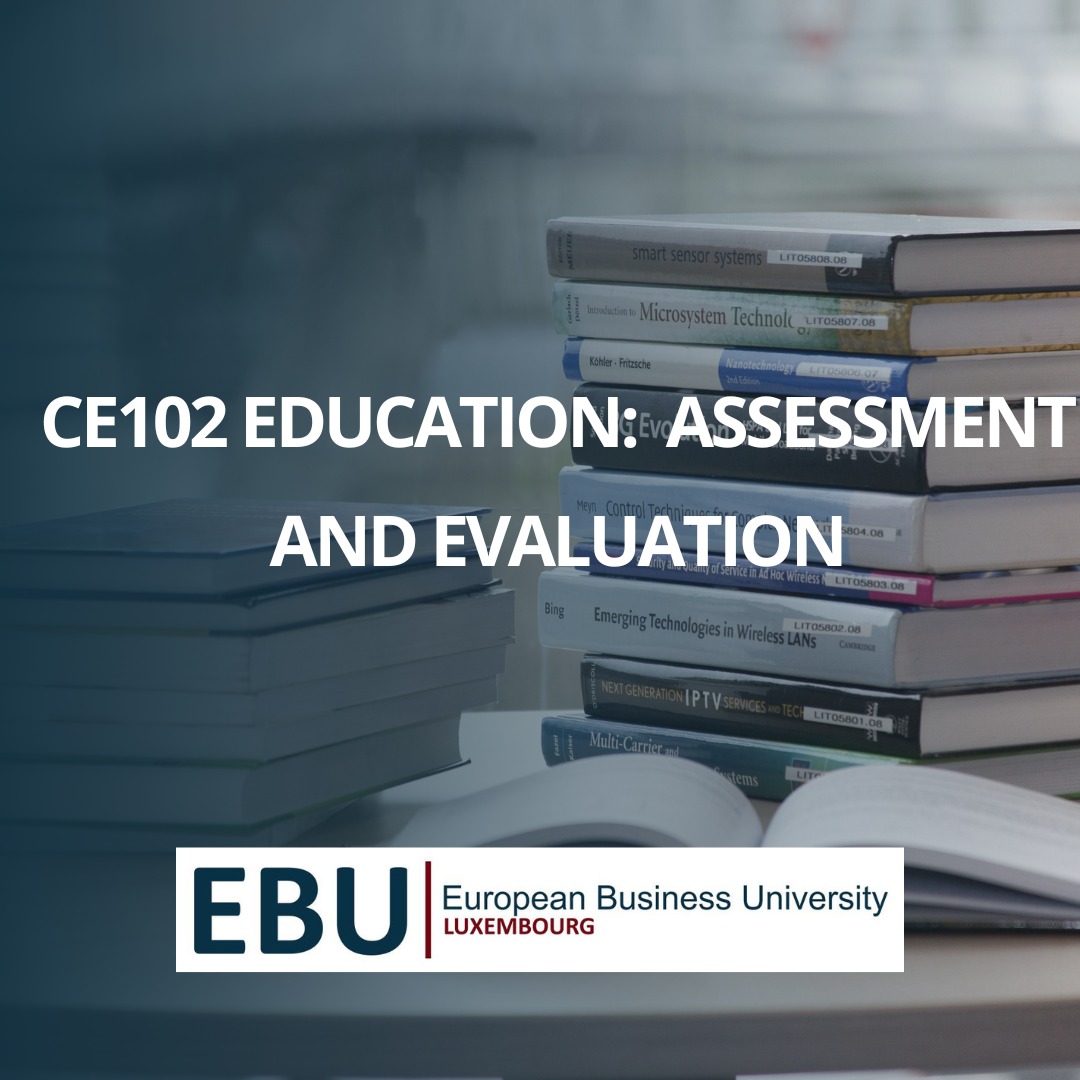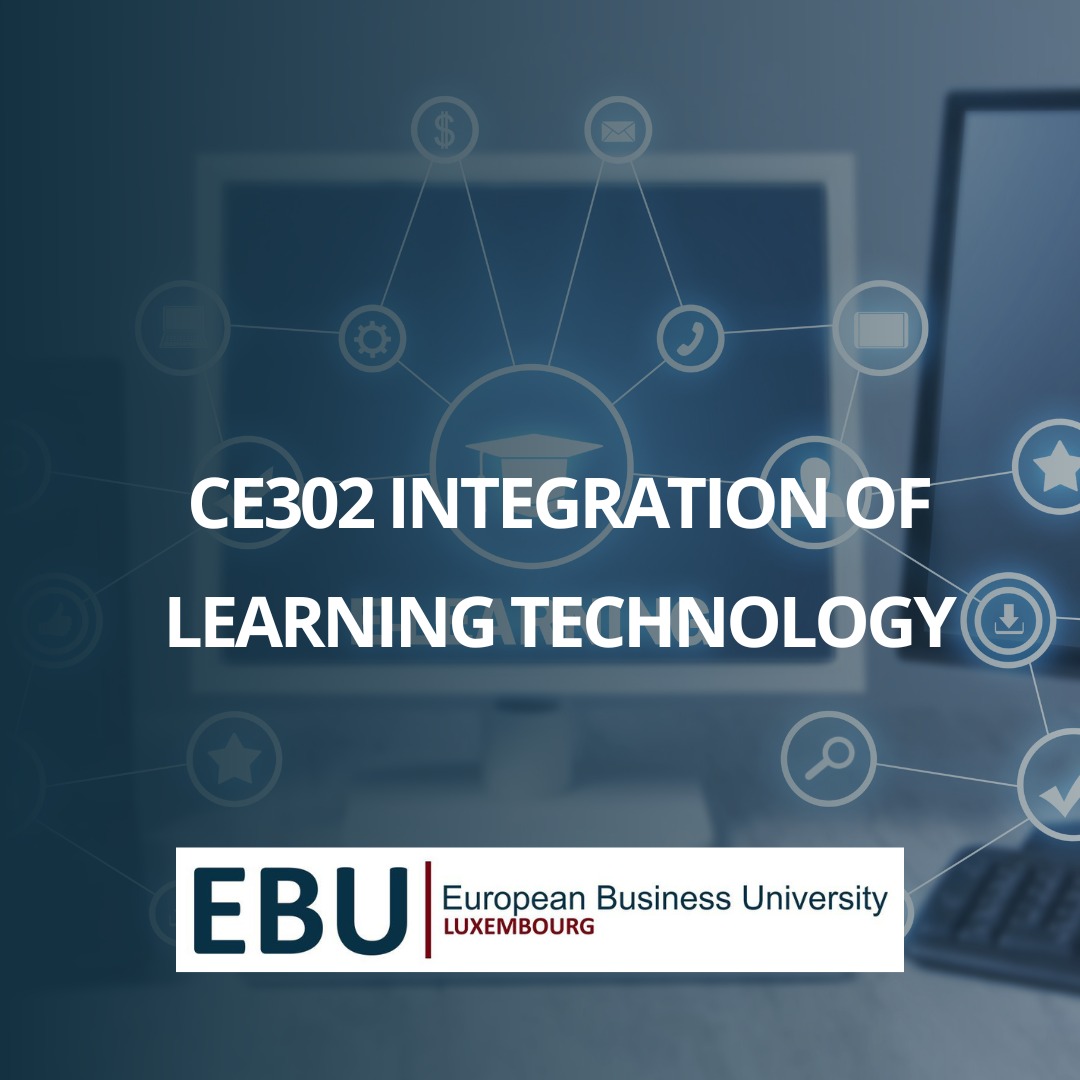
- Teacher: Benjamin Mulli

- Teacher: Nafheh SANAI

The course on Assessment and Evaluation in the classroom provides teachers with an in-depth understanding of the concepts and techniques used to measure and evaluate outcomes in the field of education. The course focuses on various measurement tools, including teacher-made and standardized tests and alternative evaluation strategies. Teachers will learn how to interpret and analyze the outcomes of measurements, both in terms of cognitive, affective, and psychomotor domains. Additionally, the course covers the assessment of learning outcomes and the use of measurement tools to determine reliability, validity, and usefulness.
- Teacher: Suzanne McAllister

This course is designed to provide students with knowledge, skills and experience in implementing educational technology into a pedagogically sound learning environment. This course also emphasizes the critical evaluation and pedagogical design aspects of integrating technology in instruction. Students will develop and use digital and nondigital teaching- learning resources using technology tools appropriate in various subject areas in the Primary and Secondary level. Further, the course will provide opportunities for students to use technology tools to develop project-based collaborative activities and share resources among communities of practice.
- Teacher: Karen Lee Campbell
